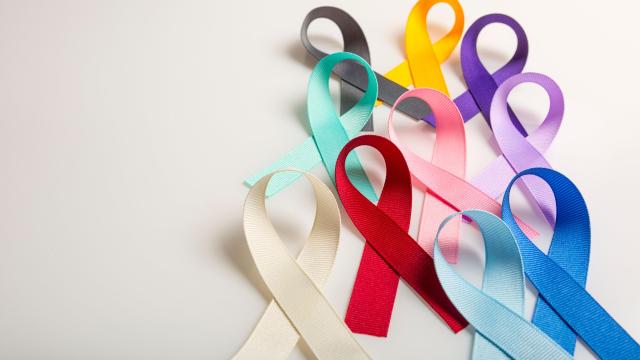A new report from the American Association for Cancer Research this week offers a good prognosis about the state of cancer care in the U.S. More Americans than ever are surviving cancer, and the long-running decline in mortality has only sped up in recent years. At the same time, some groups continue to face a higher risk of developing and dying from cancer.
The findings come from the organisation’s 12th annual Cancer Progress Report. The report analyses the most recent sources of publicly available data on cancer mortality and other trends, while also providing an overview of the latest advances in the field of cancer prevention and treatment.
According to the report, there are now more than 18 million people living with a history of cancer in the U.S. as of January 2022 — the highest total seen yet. By 2040, there may be 26 million cancer survivors. The odds of dying from cancer have steadily declined over the years, with the overall five-year-survival rate climbing from 49% in the 1970s to 70% between 2011 and 2017 (the most recent time period with available data). And this decline in mortality has become even more impressive lately. From 2016 to 2019, the report found, cancer deaths shrunk by 2.3% annually. In 2020, according to the Centres for Disease Control and Prevention, 602,350 Americans died from cancer.
Much of the progress made in beating back cancer has come from public health victories in lowering rates of smoking, a major risk factor for lung and other cancers, and in improving rates of early detection and treatment, the report authors say. There have also been many newly approved drugs capable of treating cancers with few options in recent years.
In the last year alone, the Food and Drug Administration has approved eight new anticancer drugs, including the first drug specifically meant to treat uveal melanoma, the most common form of eye cancer in adults. In addition, it’s expanded the use of 10 previously approved drugs and approved two new agents used for cancer diagnosis. The report also highlights the development of AI-based detection tools that can help doctors catch cancers earlier than ever before, providing a better chance for survival.
“Basic research discoveries have driven the remarkable advances that we’ve seen in cancer medicine in recent years,” said AACR President Lisa M. Coussen in a statement. “Targeted therapies, immunotherapy, and other new therapeutic approaches being applied clinically all stem from fundamental discoveries in basic science.”
As wonderful as all this news is, there are still many things getting in the way of keeping people safe from cancer. The authors estimate that one in every four diagnosed cancers are linked to potentially preventable risk factors, such as smoking, poor diet, or a lack of physical activity. And while many gaps in cancer risk and mortality between different groups of Americans have gotten smaller over the years, they still remain. The overall cancer mortality rate in Black people compared to white people was 26% higher in 2000, for instance, and 13% higher as of 2019.
The report also points to recent events like the COVID-19 pandemic and the loss of Roe v Wade as upcoming hurdles in the progress against cancer. The pandemic is thought to have lowered rates of preventative screening, meaning some cancers will have been missed before they become life-threatening. The stripping away of reproductive rights in some states may also lead some women to postpone cancer treatment to avoid the risk of terminating their pregnancy, the authors argue. And while the newest cancer drugs may be able to treat previously incurable tumours, they’re often prohibitively expensive, meaning that many patients won’t have access to them.
To meet these current and future challenges head on, the authors have outlined a series of policy recommendations. They include increasing basic research funding to government agencies like the National Cancer Institute, fully funding President Biden’s initiative to dramatically reduce cancer deaths within the next 25 years, the National Cancer Moonshot, and expanding Medicaid coverage.
